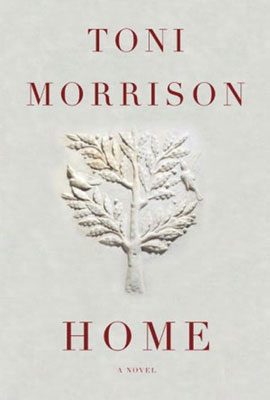

I, however, depart from Stave’s interpretation in that I believe Morrison is more favorably aligned with Christianity, though she simultaneously recognizes the oppressive ways in which the religion has been utilized.

According to Stave, Morrison’s “ongoing dialogue with Christianity indicative of her misgivings with that religion, specifically insofar as the African-American community is concerned” ( Stave 2013, p. Her approach suggests there is no guaranteed formula to navigate life, though for her characters, successful outcomes typically result from culturally relevant solutions. Avoiding didactic approaches to religion, Morrison reveals the intersections of several traditions and paradigms, highlighting the efficacy of such strategies as well as shortcomings or unreliability. Throughout her oeuvre, Morrison utilizes biblical names of characters, refers to African American Christian cultural traditions, and engages with theological concepts through the actions of her characters and the contexts in which they are created. Stave compiles essays supporting her perspective that “Morrison has clearly maintained an ongoing dialogue with religion, understanding its vital role in African American consciousness, but approaching it warily: alternately suspicious, respectful, and antagonistic,” a viewpoint to which I partly subscribe ( Stave 2006, p. In Toni Morrison and the Bible: Contested Intertextualities, editor Shirley A. By her own testimony, Morrison’s work provides opportunity to engage with social problems, even as she depicts painful atrocities. What is Morrison suggesting when predominantly Black or African American communities feature extensive sexual deviance often targeted at children? She has declared, her work must create “discomfort and unease” as well as “bear witness and identify that which is useful…not by avoiding problems and contradictions but by examining them it should not even attempt to solve social problems, but it should certainly try to clarify them” ( Morrison 1984, pp.

Characters cheat on their spouses and choose family friends as lovers, adults have relationships with teenagers, pedophiles molest and murder children, and community members pass judgment, watch apathetically, or at other times pick up the pieces. In much of Toni Morrison’s literature sexual depravity is a key component, ranging from acts of violence and betrayal within the immediate family structure, such as an eleven-year-old being impregnated by her father, to a self-proclaimed spiritual figure preying upon the bodies of young children.


 0 kommentar(er)
0 kommentar(er)
